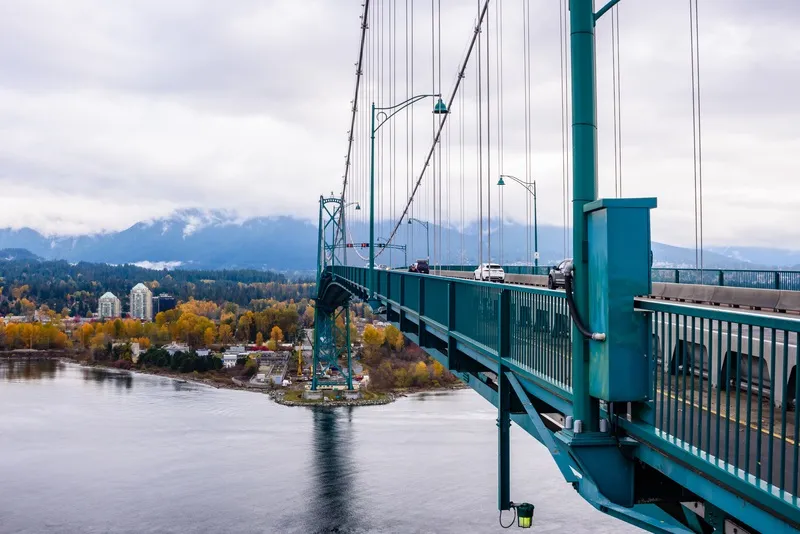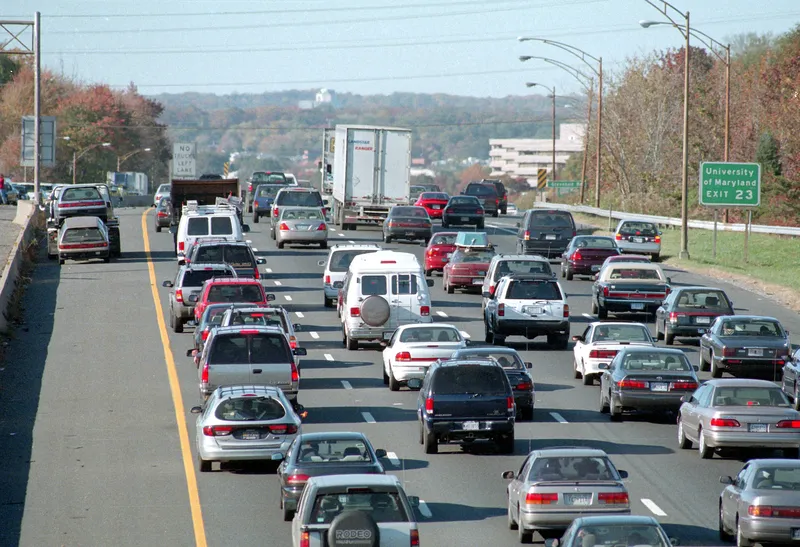The City of Surrey in British Columbia, Canada has awarded Global Traffic Technologies Canada (GTT) a contract for the implementation of its Opticom traffic pre-emption solution, which works alongside intersection controllers to help ensure emergency vehicles can move through intersections rapidly and safely.
The Opticom emergency vehicle pre-emption (EVP) system has been deployed at 90 of the city’s busiest intersections. Emergency vehicles equipped with the system sends a request to the intersection’s
January 12, 2017
Read time: 1 min
The City of Surrey in British Columbia, Canada has awarded 542 Global Traffic Technologies Canada (GTT) a contract for the implementation of its Opticom traffic pre-emption solution, which works alongside intersection controllers to help ensure emergency vehicles can move through intersections rapidly and safely.
The Opticom emergency vehicle pre-emption (EVP) system has been deployed at 90 of the city’s busiest intersections. Emergency vehicles equipped with the system sends a request to the intersection’s controller ahead of its arrival, turning the light green and clearing a path to enable the vehicle’s safe passage.
The Opticom emergency vehicle pre-emption (EVP) system has been deployed at 90 of the city’s busiest intersections. Emergency vehicles equipped with the system sends a request to the intersection’s controller ahead of its arrival, turning the light green and clearing a path to enable the vehicle’s safe passage.









